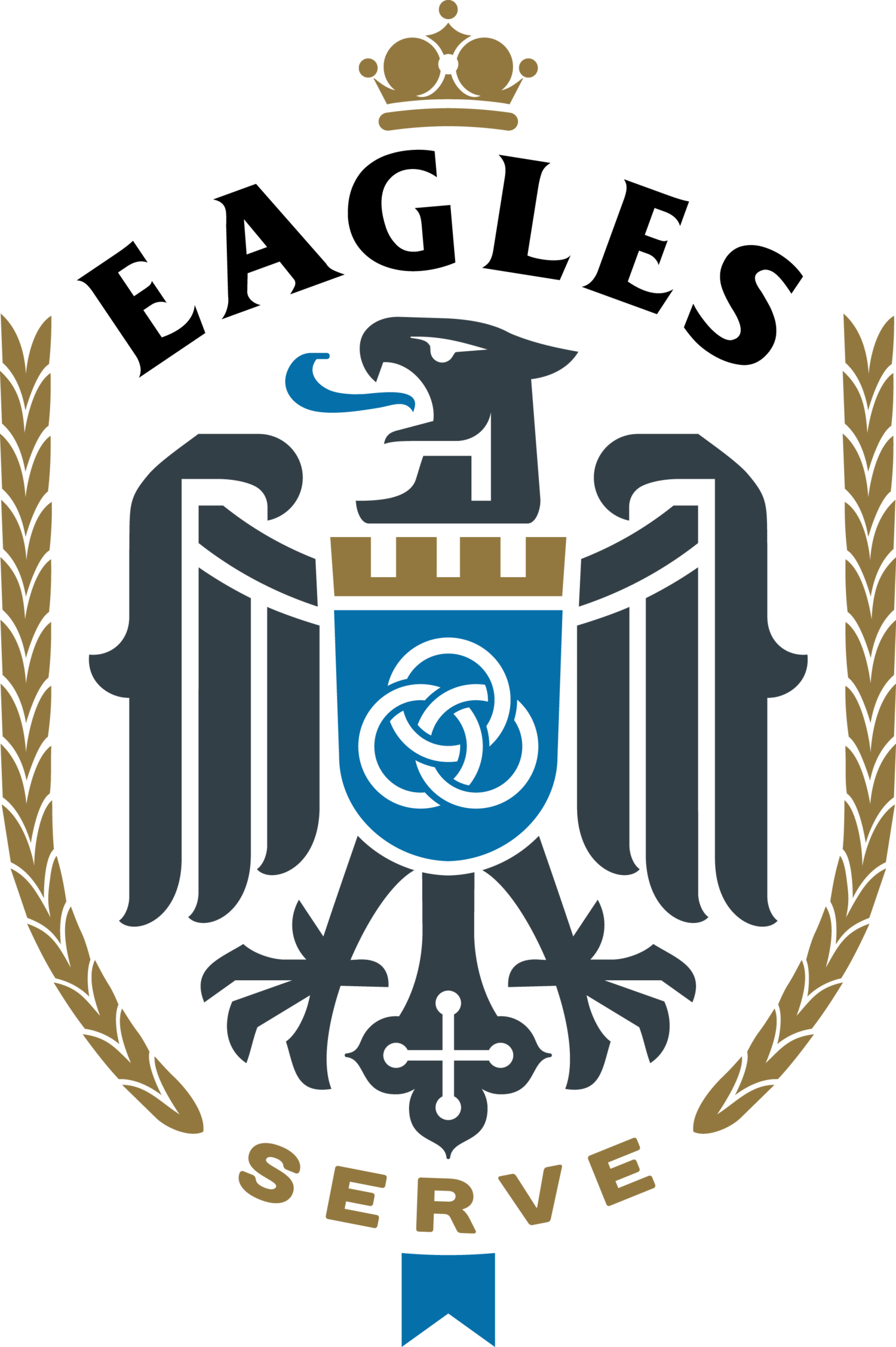ERFC’s Coaching Style
Situations Provoke Actions
Our coaches take an implicit learning approach when coaching football. If we want a player to play quicker, instead of explicitly telling them to play quicker (instructing them to following orders like robots), we create situations that provoke the action we want. For example in figure A, if we notice that the players are playing too slow, we can make the space smaller. By making the space smaller the opponents are closer which means players have less time. If players have less time they have to execute actions quicker. By adjusting the situation a new behavior has occurred. This was all done without words. This type of coaching is called situation coaching.
Once a player has experienced a situation we now need to help them reflect so they understand the cause (situation) and effect (behavior) relationship. We do this by asking the player guided questions which increases the chance references will be stored in their memory because they came up with the solution themselves. This is called reference coaching. Reference coaching is asking questions to help players understand, and by them understanding they can improve their future behavior. Situation and reference coaching are more sustainable way to improve players. This type of coaching promotes self-regulating players. An explicit approach create dependency (robots).


